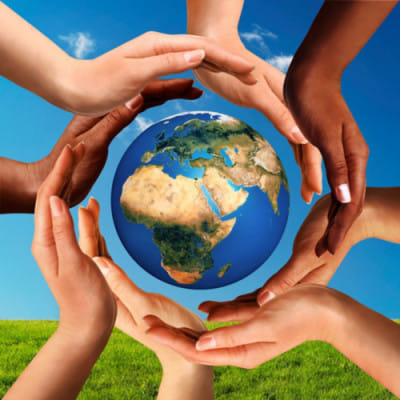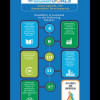From donors to partners

In my column last week, I wrote about the prospects of Bangladesh graduating from Least Developed Country (LDC) status in the next few years and the need to anticipate the consequent loss of access to concessional development finance and focus more on climate finance as a possible substitute.
In this week's column, I would like to focus on the need for our development partners to work on their relations with Bangladesh. Although we stopped calling them donors and started calling them development partners some years ago, our relationship hasn't changed much; it remains them giving us concessional funding in the form of grants and low interest loans while we (both government and NGOs) are the passive recipients of such aid.
As we move on to middle-income status and depend more and more on our own financial resources, as well as receive international loans on non-concessional terms, the role of developed countries in Europe, North America, Asia, Middle East and Australia will also need to change so that they become a genuine development "partner" rather than simply a "donor".
Here, I would like to mention a few dimensions of this relationship that can be developed to our mutual advantage.
The first dimension is the shift from the global Millennium Development Goals (MDGs) over the period from 2000 to 2010 to the Sustainable Development Goals (SDGs) from 2016 to 2030. During the MDG era which focused exclusively on reducing poverty, the role of the developed countries was simply to fund the activities in the developing countries. However, the SDGs are truly "global" goals in which the developed countries as well as developing countries all have to take actions at the domestic level to achieve the SDGs both at the national and international level.
Hence, Bangladesh can be an active partner of many developed countries in attaining the SDGs both at the national and global level through mutual cooperation rather than a mere one-way funding relationship.
The second dimension of the changing role of donors to genuine partners is related to climate change. This has its own global agreement called the Paris Agreement which has the same timeline for implementation as the SDGs, namely, by 2030.
Climate change in turn has two areas of action: mitigation (reducing emissions of greenhouse gases) and adaptation (coping with the adverse impacts).
While developed countries can help Bangladesh with mitigation, such as through solar energy, Bangladesh can help developed countries with adaptation. This will engender a much more genuine relationship that is also mutually beneficial in order to tackle global goals.
The third and final dimension, which is related to both the above-mentioned dimensions, is the development of partnerships between Bangladeshi civil society and academia and their counterparts in developed countries, as well as in other developing countries to tackle global problems together. Thus we need increased South-South and South-North collaboration on research, education, cultural exchange and more so that we can learn from each other. Such mutually beneficial collaborations will be in the interest of each country.
In conclusion, Bangladesh's transition from LDC to middle-income status does not only refer to transforming our economic circumstances but also one of evolving mindsets (and those of our partners) in order to become agents of change rather than mere recipients of money.
Saleemul Huq is Director, International Centre for Climate Change and Development at the Independent University, Bangladesh.
E-mail: [email protected]










Comments